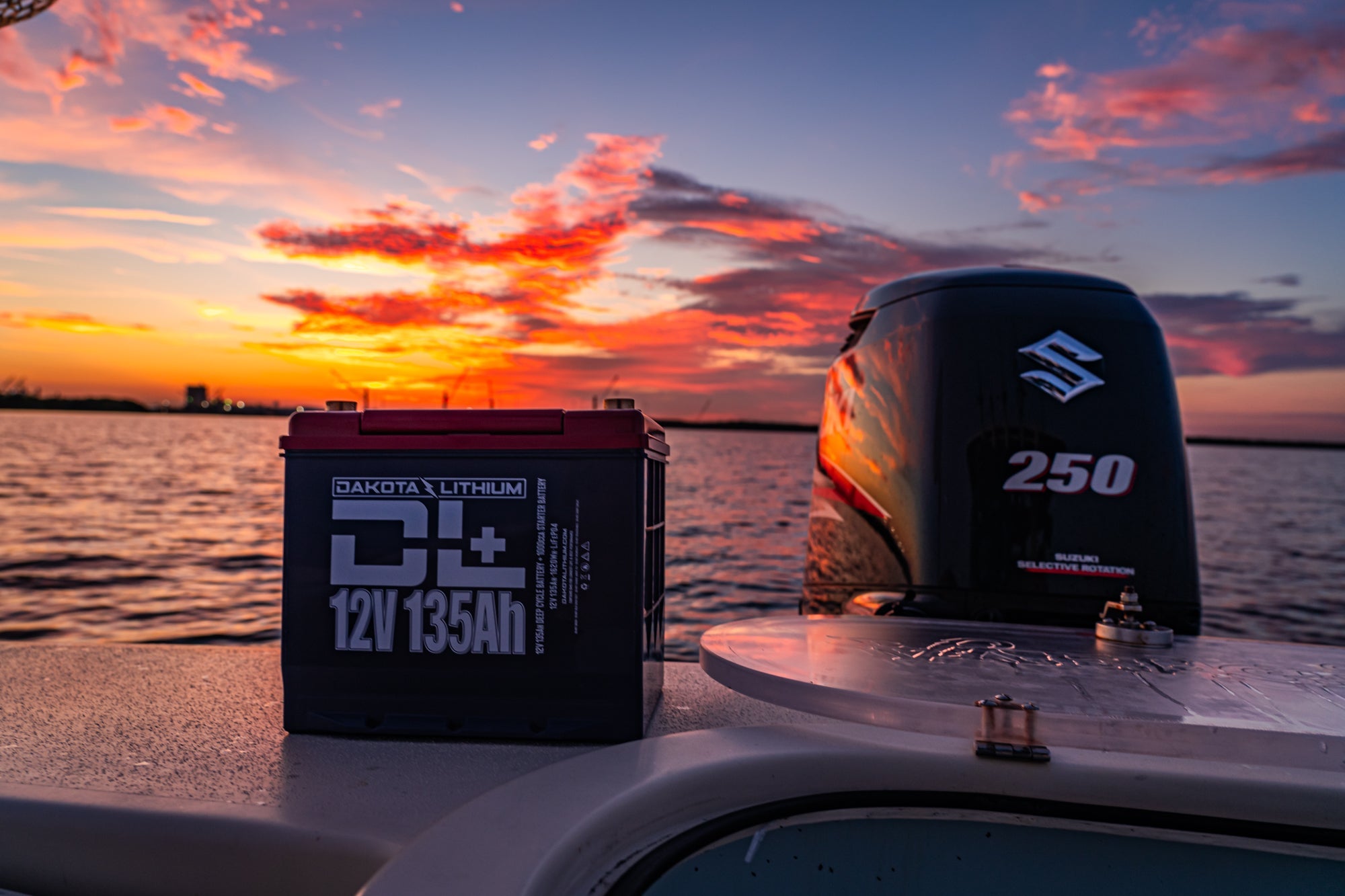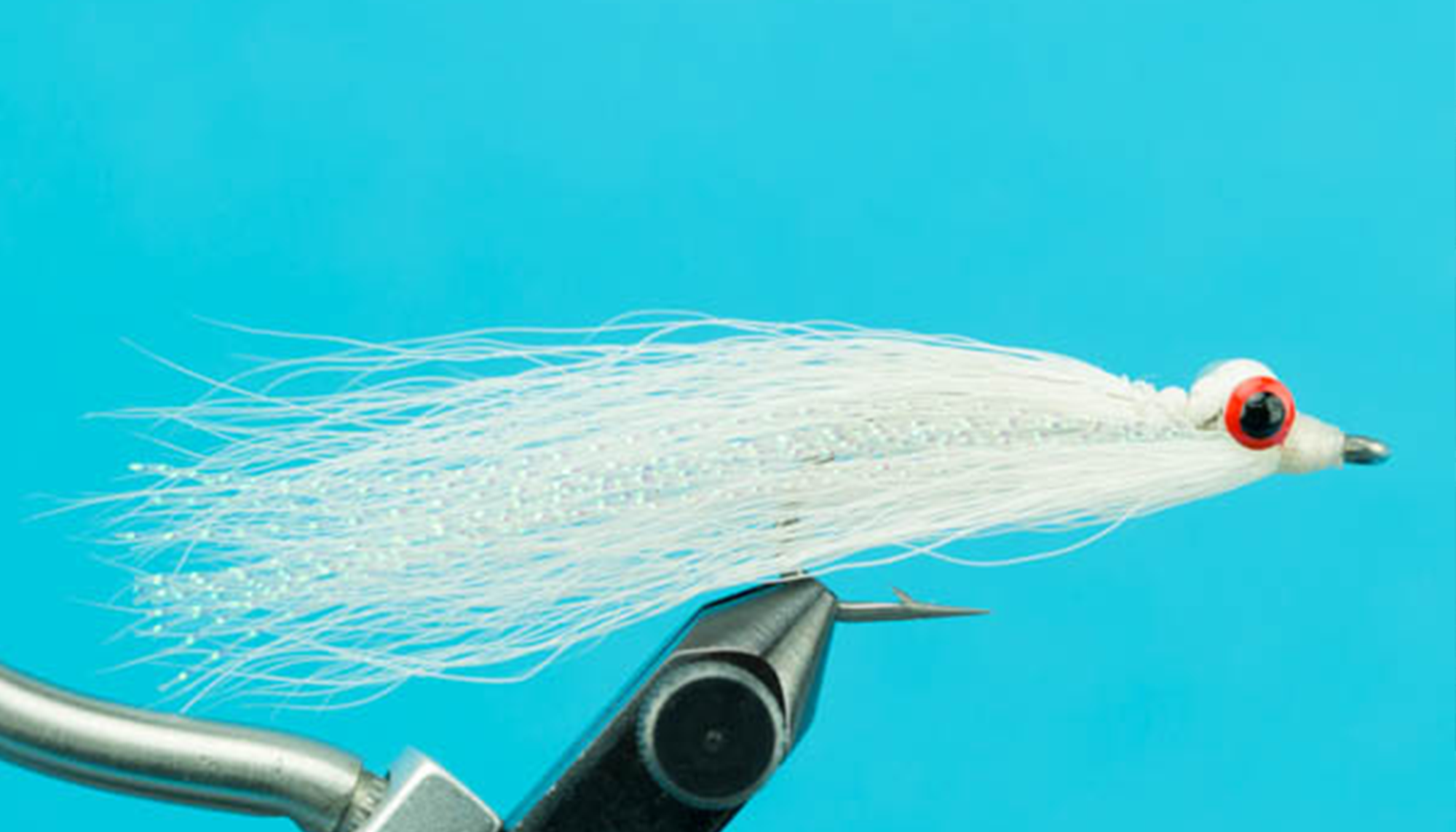Fishing is a popular recreational activity enjoyed by people of all ages and skill levels. While itprovides a sense of adventure and relaxation, it is essential to prioritize safety to ensure a secure and enjoyable fishing experience. By following straightforward guidelines and precautions,anglers can minimize risks and fully immerse themselves in the joys of fishing. Here are someessential tips for fishing safely.
1. Wear appropriate safety gear: Wear a properly fitted life jacket, especially when fishing from a boat or in areas with strong currents. A life jacket can be a lifesaver in case of an accidental fall or if you encounter unexpected rough waters. Additionally, wearing protective clothing, including a hat, sunglasses, and sunscreen, will aid in shielding yourself from the sun's harmful rays.
2. Check weather conditions: Before heading out, always check the weather forecast. Inclement weather, such as storms or high winds, can pose significant risks while fishing. If severe weather is in your forecast, it is wise to postpone your fishing trip. Even if the weather seems favorable, be aware that conditions can change rapidly, so stay alert to any changes in the sky or water and be prepared to return to shore if necessary.
3. Fishing with a buddy: When possible, fish with a partner or tell someone about your fishing plans, including your intended location and estimated return time. Having a fishing buddy enhances the overall experience and provides an extra layer of safety. In an emergency, having someone aware of your whereabouts can expedite rescue efforts.
4. Be mindful of your surroundings: Whether fishing from the shore, a boat, or a pier, it is crucial to be aware of your surroundings. Look for hazards such as slippery rocks, submerged objects, or uneven terrain. Avoid fishing in areas with strong currents or near busy boat traffic. Additionally, be cautious of wildlife and respect their natural habitat, keeping a safe distance and avoiding interactions that may harm you or the animals.
5. Handle fishing equipment responsibly: Fishing gear, including hooks, lures, and lines, can be hazardous if not handled carefully. Keep hooks covered or secured when not in use to prevent accidental injuries. When casting your line, be mindful of your surroundings, ensuring no one is within range. Practice proper casting techniques to minimize the risk of hooking yourself or others.
6. Learn basic first aid: Basic first aid knowledge can be invaluable in case of minor injuries while fishing. Familiarize yourself with common fishing-related injuries such as hook removal, cuts, or fish bites. Carry a first aid kit with essential supplies and know how to use them. A first aid course can give you the skills and confidence to handle emergency situations effectively.
7. Follow fishing regulations: Respect local fishing regulations and restrictions, including catch limits, size restrictions, and protected areas. These regulations are in place to protect fish populations and maintain sustainable fishing practices. Understanding and abiding by the rules not only contributes to the conservation of fisheries but also prevents potential legal consequences.
8. Stay hydrated and nourished: Fishing often involves spending extended periods outdoors, sometimes in hot weather conditions. It is essential to stay hydrated by drinking plenty of water and avoiding excessive consumption of alcohol or caffeinated beverages. Pack nutritious snacks to maintain energy levels throughout the day and prevent fatigue.
Under these safety tips, anglers can ensure a secure and enjoyable fishing experience. Remember, safety should always be a top priority, allowing you to fully embrace the beauty of nature and the excitement of fishing. So, grab your fishing gear, respect the waters, and create lasting memories while fishing safely.




